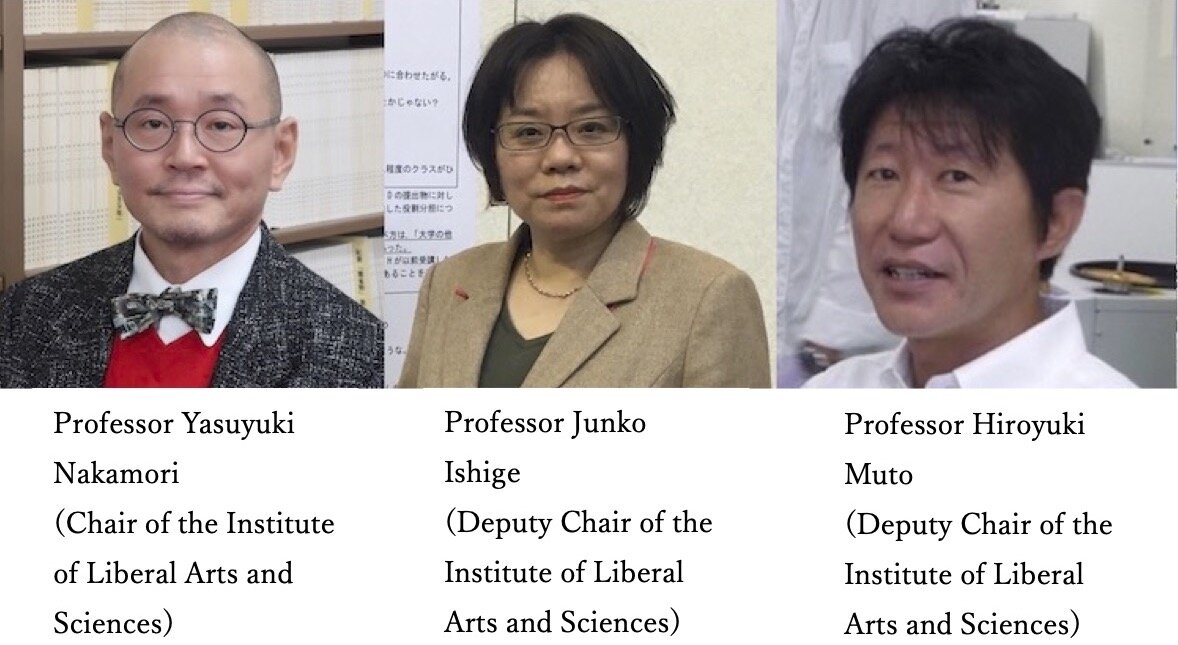

Soaring Into the Future with Confidence
 As we go about our lives, we encounter many situations in which we must make judgments. Writing an answer to an exam question or deciding what to have for lunch are just two typical situations where we make judgments. Deciding at what temperature to heat a sample in an experiment, or considering whether to use the preposition "for" or "to" in an English composition are also examples of situations where judgment is required. You want to make a decision that will lead to the best possible result, but sometimes it is difficult to come up with an answer.
As we go about our lives, we encounter many situations in which we must make judgments. Writing an answer to an exam question or deciding what to have for lunch are just two typical situations where we make judgments. Deciding at what temperature to heat a sample in an experiment, or considering whether to use the preposition "for" or "to" in an English composition are also examples of situations where judgment is required. You want to make a decision that will lead to the best possible result, but sometimes it is difficult to come up with an answer.
So, in which situations will making a decision without hesitation lead to a positive outcome? Being uncertain can be important in itself, but in the end, we would all like to be able to make decisions with confidence after initial deliberation. At this point, if the logic or principle behind the decision is clear, the hesitation will be less. For example, suppose that it has been proven that heating a certain material at 400 °C improves its properties. It is science that explains what phenomena occur at 400 °C and what happens at temperatures higher (or lower) than 400 °C that leads to the improvement of that property. Those who are aware of the evidence should be confident in making the final decision regarding the temperature setting. Corroboration is also important in the "technical sciences" in creating new technology based on the underlying science. A similar process applies to English composition where there is a logic behind, for example, choosing the correct preposition to express what you want to convey. Those who have the support of language training and research will be able to weave precise sentences and convey their opinions and feelings with confidence.
Such corroboration is not only found within one specific field of study. Engineers, for example, can design and predict the future based on equations from the natural sciences due to mathematicians having created firm mathematical concepts. Moreover, how we study and understand the impact of new technologies on society and people's activities, and how we predict social trends, will be backed up by knowledge from the social sciences. The humanities give us knowledge that adds color and depth to technology, rooted in the contemplation and intellectual progress of humankind. This knowledge will provide guidance for the future that will resonate with you in your ongoing endeavors. Lastly, the study of language and communication will enable a rich exchange of knowledge, allowing you to discuss and share newly acquired knowledge with others.
We hope that your studies in liberal arts courses at the Institute of Liberal Arts and Sciences will not only support you in your activities as engineers and global citizens, but will also give you strong wings to soar confidently into the future, free from limitations and hindrances.
